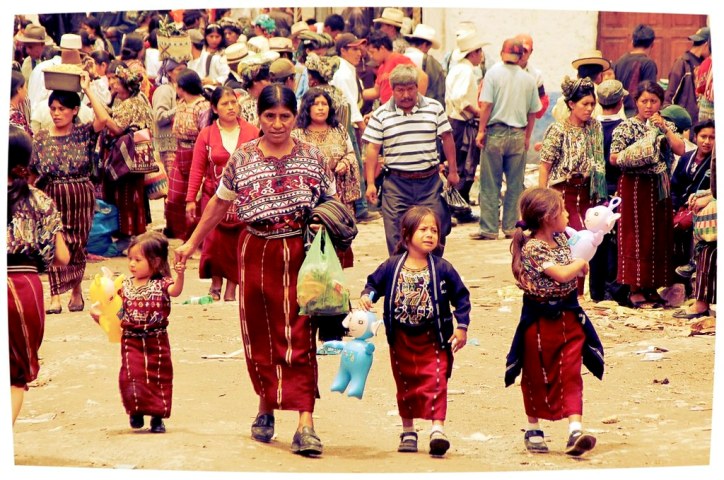Guatemala's new anti-graft tsar sets sights on government 'ghost jobs'

- Country:
- Guatemala
Widespread government "ghost jobs" will likely be among the first targets of Guatemala's new anti-corruption tsar, the official said on Thursday, although the commission he heads has more limited scope than its powerful U.N.-backed predecessor.
The commission under President Alejandro Giammattei will announce next week its first areas of investigation, and no-show or ghost jobs suspected to exist in government departments are among the first targets, the official said in an interview. Days after taking office in January, Giammattei said the government had detected 37,000 positions where nobody appeared to show up for work. He said the ghost jobs were in the interior ministry, finance ministry, tax office and a social-work agency under the presidency.
The probes launched by the Presidential Commission Against Corruption will be limited to government officials, its head Oscar Davila told Reuters. If private sector individuals or other citizens are implicated, the commission will hand over the investigation to public prosecutors. That contrasts with the U.N.-backed International Commission against Impunity in Guatemala (CICIG), which left the country last year after investigations that touched some of the country's most powerful business families as well as toppling a sitting president.
"The presidential commission is totally different from CICIG," Davila said, describing the new body as an internal affairs unit of the government. However, he said the new commission could carry out raids on any office under the executive branch without warning, giving it the power to act more swiftly than other investigative units.
Critics of CICIG said it overreached its mandate, leading to a backlash from the government of former President Jimmy Morales and the country's elites. However, without the same international backing, its replacement may struggle to combat high-level graft.
"The moment CICIG went, the country was left without any open paths to attack the issue," Davila said, noting that other corruption investigative units had also been weakened. "The arrival of the presidential commission is encouraging for the public," he said, adding that he would resign from the position if he ever felt his work was being obstructed.
(This story has not been edited by Devdiscourse staff and is auto-generated from a syndicated feed.)
- READ MORE ON:
- Alejandro Giammattei
- Guatemala
- UN
- Jimmy Morales










